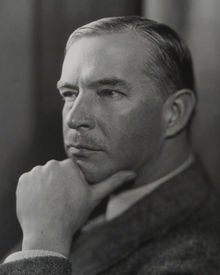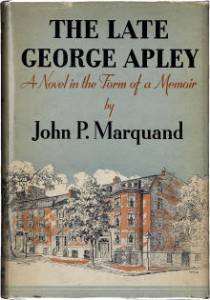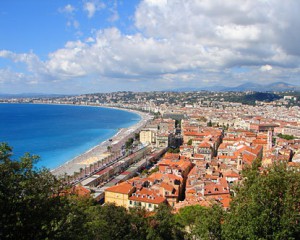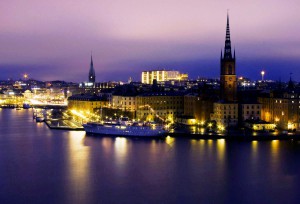 To John Hall Wheelock
To John Hall Wheelock
C/o Brown Shipley & Co
123, Pall Mall, London, S.W.1
Rome. December 15, 1936
I quite understand that arranging the Triton Edition, with so many disparate parts, must have been a troublesome task. I am not sensitive about small omissions, such as the sub-title or the Greek motto to the Life of Reason. The origin of such details is often an accident, and sometimes, as in rhyming, an accidental compulsion may yield a happier result. I think, for instance, that transforming my marginal summaries, as you have done, into titles for the paragraphs may be a positive improvement, giving these summaries more importance; and they have cost me a good deal of thought.
Little, Brown & Co have sent me a copy of The Late George Apley by John P. Marquand. The book seems a sort of parallel to The Last Puritan. Is it so intentionally or by accident, I wonder. It reflects well the artificial way in which some people spoke; a sort of careful school-master’s language and clergyman.s sentiments; but it seems to me more provincial in spirit. I mean, the hero’s mind, than my old Boston friends were, who knew and understood everything (like my Peter Alden) while maintaining a great restraint in their actions. Is the book liked?
From The Letters of George Santayana: Book Five, 1933-1936. Cambridge, MA: The MIT Press, 2003.
Location of manuscript: Department of Rare Books and Special Collections, Princeton University Libraries, Princeton NJ




